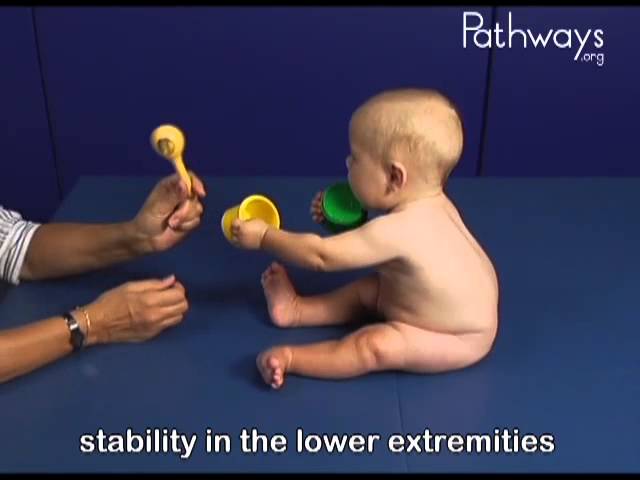 Source: bing.com
Source: bing.comTable of Contents
Introduction
As a parent, it’s important to monitor your baby’s development and recognize any potential concerns early on. At 6 months old, your baby is likely hitting several important developmental milestones. However, some babies may experience atypical development, which can require additional support and intervention. In this article, we will explore typical and atypical development for 6-month-old babies.
At 6 months old, your baby is likely becoming more active and vocal. They may be rolling from their back to their stomach and vice versa, reaching and grabbing for objects, and sitting up with support. Your baby may also be babbling, making eye contact, and recognizing familiar faces. These are all typical developmental milestones for a 6-month-old baby.
Atypical Development
While every baby develops at their own pace, there are certain signs that may indicate atypical development. If your baby is not meeting developmental milestones or is exhibiting concerning behaviors, it’s important to speak with your pediatrician. Some signs of atypical development may include:
- Difficulty with motor skills, such as not reaching for objects or not rolling over
- Lack of interest in social interaction or making eye contact
- Not responding to familiar faces or voices
- Not babbling or making sounds
- Excessive fussiness or irritability
It’s important to remember that early intervention is key when it comes to atypical development. If you have concerns about your baby’s development, don’t hesitate to speak with your pediatrician.
Supporting Typical Development
As a parent, there are several things you can do to support your baby’s typical development. Some tips include:
- Provide plenty of tummy time to encourage crawling and rolling
- Offer a variety of toys and objects to encourage reaching and grabbing
- Read and talk to your baby to encourage language development
- Play games such as peek-a-boo to encourage social interaction
- Provide a safe and stimulating environment for your baby to explore
By providing a supportive and stimulating environment, you can help your baby reach their developmental milestones.
Conclusion
At 6 months old, your baby is likely hitting several important developmental milestones. However, some babies may experience atypical development, which can require additional support and intervention. If you have concerns about your baby’s development, don’t hesitate to speak with your pediatrician. With early intervention and support, your baby can thrive and reach their full potential.
Frequently Asked Questions
What should my 6-month-old baby be doing? At 6 months old, your baby may be rolling from their back to their stomach and vice versa, reaching and grabbing for objects, and sitting up with support. They may also be babbling, making eye contact, and recognizing familiar faces.
What are some signs of atypical development in a 6-month-old baby? Some signs of atypical development may include difficulty with motor skills, lack of interest in social interaction, not responding to familiar faces or voices, not babbling or making sounds, and excessive fussiness or irritability.
What can I do to support my 6-month-old baby’s development? You can provide plenty of tummy time to encourage crawling and rolling, offer a variety of toys and objects to encourage reaching and grabbing, read and talk to your baby to encourage language development, play games such as peek-a-boo to encourage social interaction, and provide a safe and stimulating environment for your baby to explore.
Why is early intervention important for atypical development? Early intervention is important because it can help address developmental concerns before they become more severe. With early support and intervention, your baby can receive the help they need to reach their full potential.
When should I speak with my pediatrician about my baby’s development? If you have concerns about your baby’s development or notice any concerning behaviors, it’s important to speak with your pediatrician. They can help determine if any intervention is needed and provide guidance on how to best support your baby’s development.
